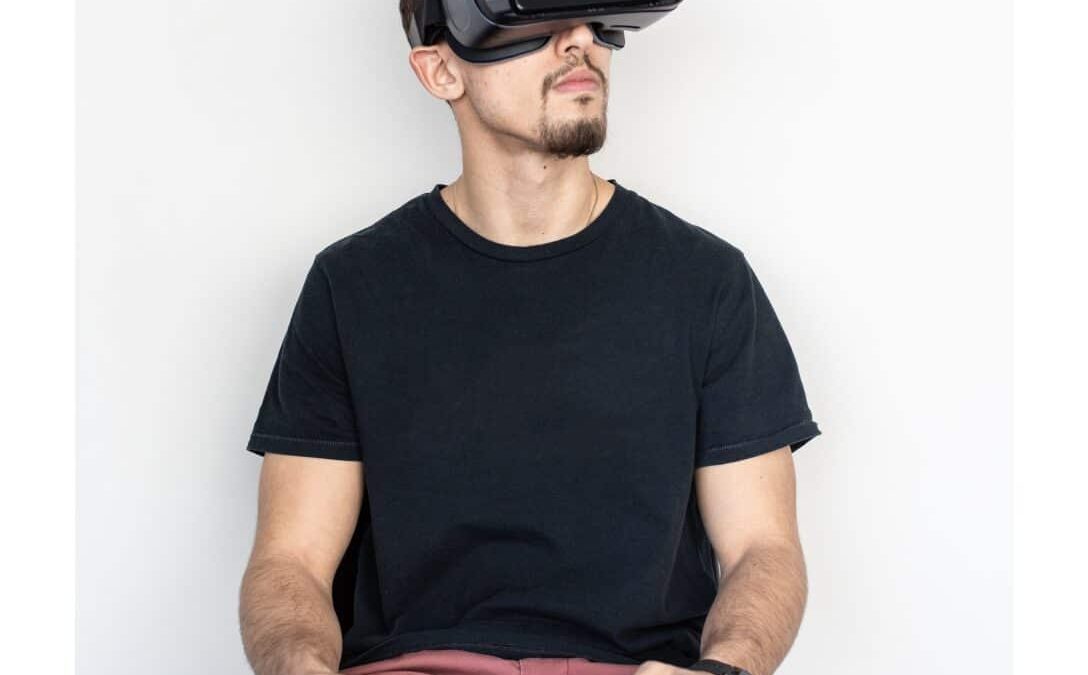
I Can’t Meditate…
October 22, 2022
Somatic Experiencing
November 5, 2022Virtual reality allows for an experience that is similar to real-life situations that stimulate one’s emotions and reactions to a variety of situations.
There are two types of virtual reality.
– Sense of immersion, which is when external stimuli are not important.
– Sense of presence, which is being physically present in the non-physical world.
There has been a great deal of research done on the impacts of virtual reality. 30 years of research on the impact that virtual reality has been done, focusing on its specific use as a mental health intervention.
There are many benefits of virtual reality that can be helpful to a client who is experiencing a variety of situations. One benefit is that virtual reality has is that improvements can be seen faster by both the client and the therapist. Virtual reality does not require an emphasis on one’s imagination. The virtual environment can be adjusted to suit the client’s needs best, depending on their situation, feelings, and experiences. The exposure experienced by the client is more confidential because it is done in the safe space of the therapist’s office. Another benefit of virtual reality is that when compared to traditional therapy it is considered less intense.
Virtual reality can be used in various ways to allow an individual to work through what they are experiencing. It is a tool to help work on breathing and relaxation techniques, as well as work on copying strategies for anxiety and stress. By using virtual reality, it can help those work through things such as:
– A variety of attention difficulties
– Help build skills around mindfulness, ADHD, anxiety, PTSD, and different situations that simulate fear
– It can be used to work through multiple phobias, for example, claustrophobia, amaxophobia, agoraphobia
– Useful tool for building social skills, attention, focus, and memory
There are many benefits of virtual reality being used as a utility in working with mental health needs. If you are curious about what it is or would like to do a session yourself, check out some of the resources below and gives us a call at 250-215-7928.
References:
The Benefits of Virtual Reality in Mental Health
Frequently Asked Questions about VR Therapy
A Step-by-Step Guide to what a VR Therapy Session Looks Like

Written by: Cassidy Laskosky, BA Psych, MACP
To book: Click Here





